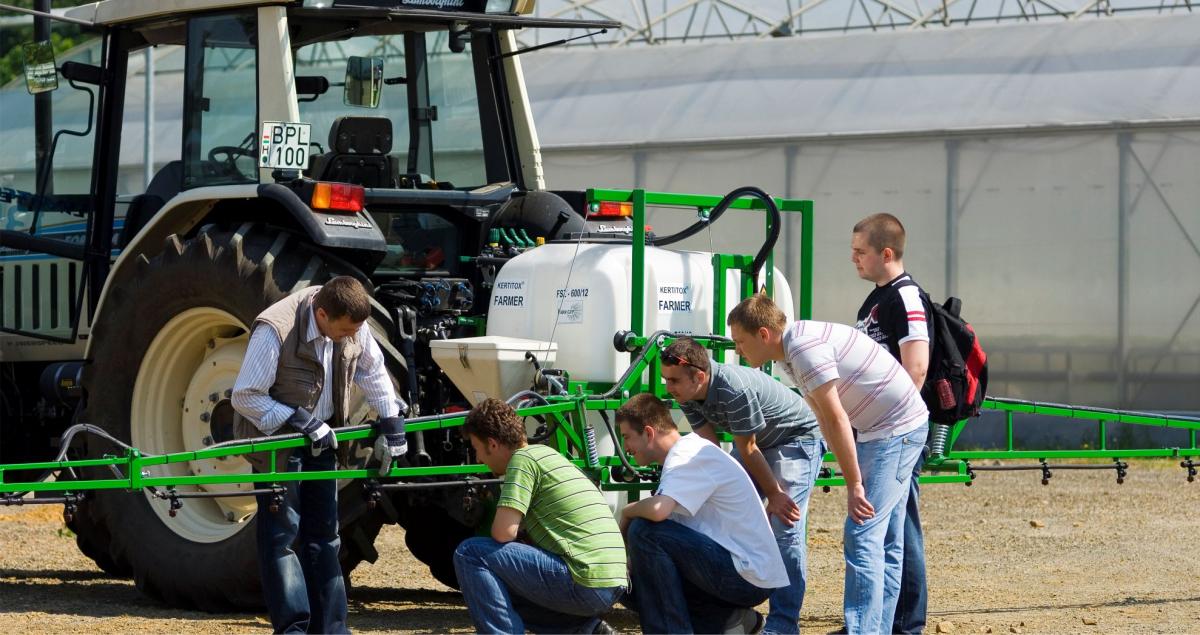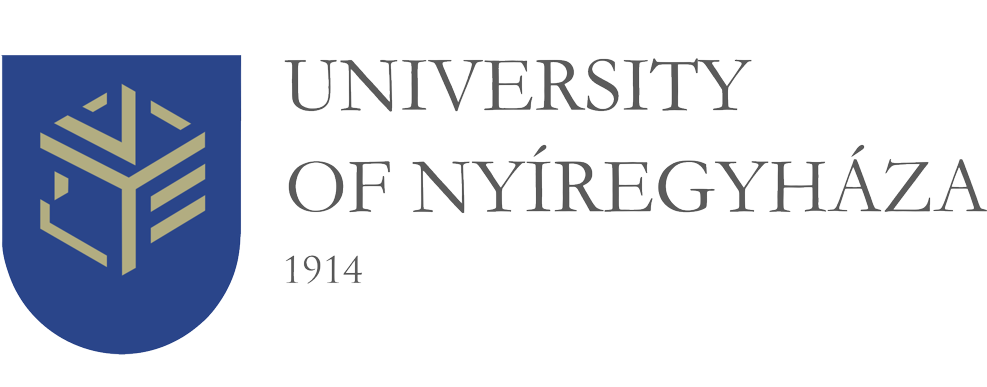Institute of Engineering and Agricultural Sciences

The Institute of Engineering and Agricultural Science, as an integral part of the University of Nyíregyháza, being a university of applied sciences, wishes to become a higher education knowledge centre and scientific workshop which, through its high-level education and research, contributes to the supply of engineering and agricultural experts not only in Northeast Hungary but nationwide as well.
We strive to provide education that facilitates our students’ integration into a knowledge-based society and which improves their chances in the labour market. The area housing the Institute covers 12,000 m2. This is characterised by cutting-edge building servicing engineering techniques.
The operation and constant development of our quality insurance system won our Institute the bronze level of Higher Education Quality Award (Felsőoktatási Minőségi Díj) in 2009 and the Northern Great Plain Quality Award (Észak-Alföld Minőségi Díj) as well.
The scope of our international relations has significantly broadened in recent years. We cooperate with several agricultural and industrial firms where our students complete their traineeship.
Agricultural and Molecular Research and Service Institute
The Agricultural and Molecular Research and Service Institute as an interdisciplinary collaboration brings together the knowledge, facility and human resource of three research fields: analytical chemistry, food safety, food technology and cell biology.
Our main research objects are natural origin materials derived from fruits, vegetables, seeds and their separation, structure determination, moving toward the utilization of industrial food by-products. We analyse and characterise i.e. natural antioxidants, which may serve as a basis for the development of new protective strategies.
Beside the research we provide analytical services to industrial partners, for example quantitative determination of poppy alkaloids in poppy seed boxes, or technology development in the field of juice production. Furthermore, we investigate the possible positive involvement of these natural compounds in in vitro cultures on experimentally induced tissue damage and aging.


